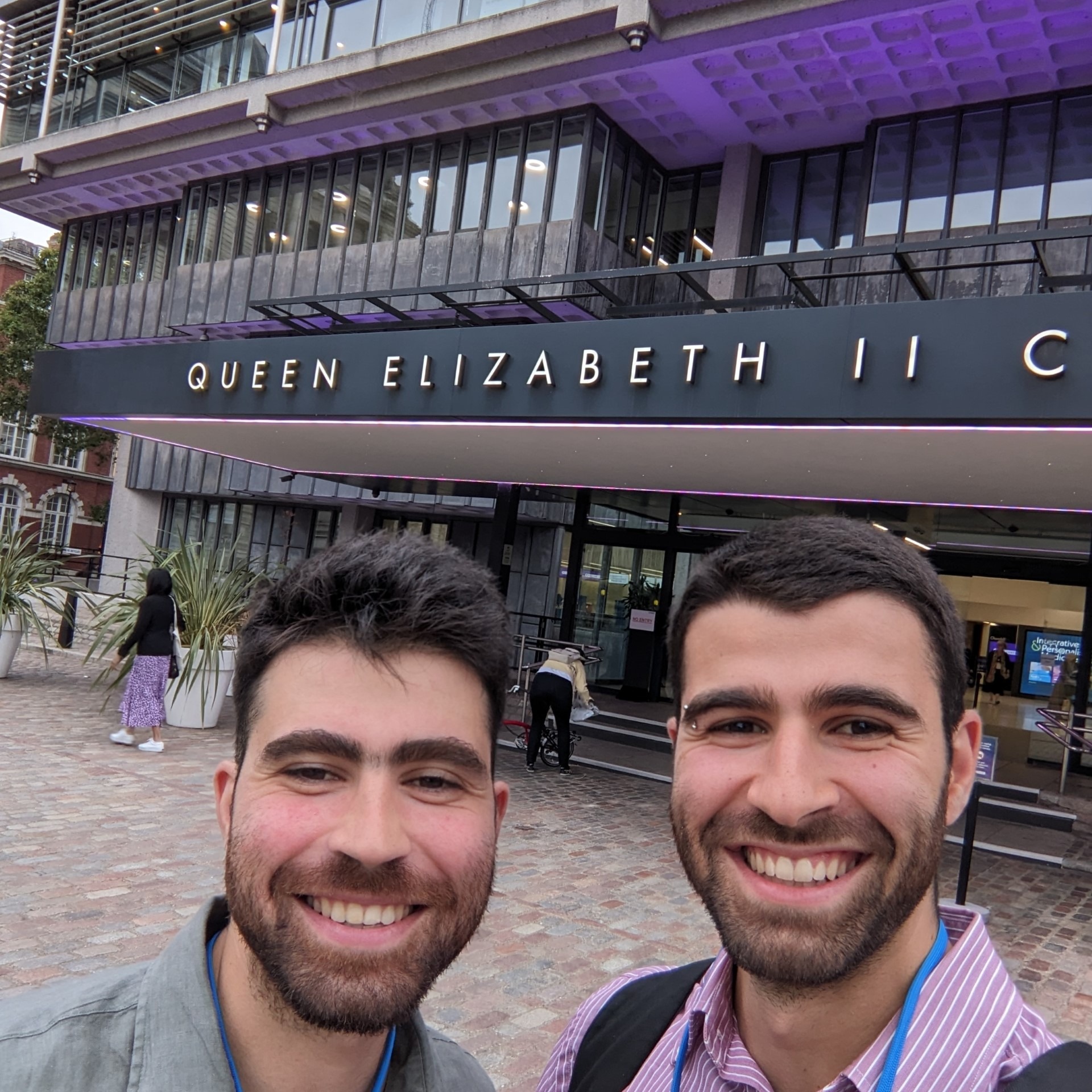Sowing the seeds for a career in Integrative Medicine
Guest Blog by University of Bristol Medical Student, Lazaros Iakovidis
As a medical student, I was formally introduced to Integrative Medicine (IM) through a ‘Student Choice Placement’ during the beginning of my second year at the University of Bristol. From 60 different projects I chose ‘Integrative Medicine for Optimum Health in Later Life’, supervised by Dr Elizabeth Thompson, CEO and founder of the National Centre for Integrative Medicine (NCIM).
At this point I had been practicing mindfulness meditation for two years, and had felt first-hand the profound impact the practice could have on one’s health. I was curious to explore other aspects of the field of IM, so the project seemed like an obvious choice.
Over thee weeks, and alongside two of my peers, I was introduced to various aspects of IM, including social prescribing, homeopathy, Ayurveda and acupuncture, amongst others. I was surprised to hear clinicians present evidence showing equal effectiveness of many of these practices with fewer side effects compared to conventional approaches, which had been the focus of my studies to date. The seeds were sown for my interest in IM.
At the end of the thee weeks I decided to join NCIM so that I could stay informed about upcoming talks and workshops. Unfortunately these often clashed with academic or extra-curricular obligations so I wasn’t able to keep in touch with the field as much as I would have liked to.
When I found out about a three-day Integrative & Personalised Medicine Congress taking place in London at the end of June earlier this summer, I was thrilled that I could go.

Here I am (on the right) with my brother outside the IPM Congress.
I decided to attend two of the three days; as a student, the cost was quite high, but it was definitely worth it. Although at times I felt that the content presented was beyond my scope, the various lectures and workshops I attended were inspiring. I was surrounded by hundreds of clinicians with a vast range of backgrounds and interests who shared the same vision: to transform healthcare into a holistic practice that empowers patients. Despite the dire state the NHS is currently in, I felt hopeful and eager to progress through my career.
There were numerous captivating talks and it was difficult to decide which lectures and workshop to attend! I tried to perfectly plan my day so that I could listen to as many presentations as I could on topics I found most interesting. However, about halfway through the first day, after I regretted cutting a conversation with a GP short, simply to not miss a minute of the next talk I had planned on going to, I realised I had misplaced my priorities. I was going about the conference as a ‘consumer’, trying to absorb as much information as possible, while what I actually valued most were engaging conversations where I could learn from the experiences and insights of clinicians.
My favourite workshop ended up being the most interactive one, where the presenter asked the audience to split into small groups to discuss spirituality and death. I made a conscious effort to change my approach for the remainder of the conference and took the time to engage with other attendees, instead of listening to as many talks as possible. I had meaningful conversations, listened to inspiring speakers and felt extremely grateful to have been able to be take part in such an event.
Connecting with clinicians from the world of IM has deepened my interest for the field and I am excited to continue exploring it. I have decided to start a society for IM at the University of Bristol, aiming to bring together like-minded students, faculty and healthcare professionals. I hope we can help spread awareness about the benefits of holistic approaches, while contributing to a growing movement of transforming healthcare into a more patient-centred and compassionate practice.

